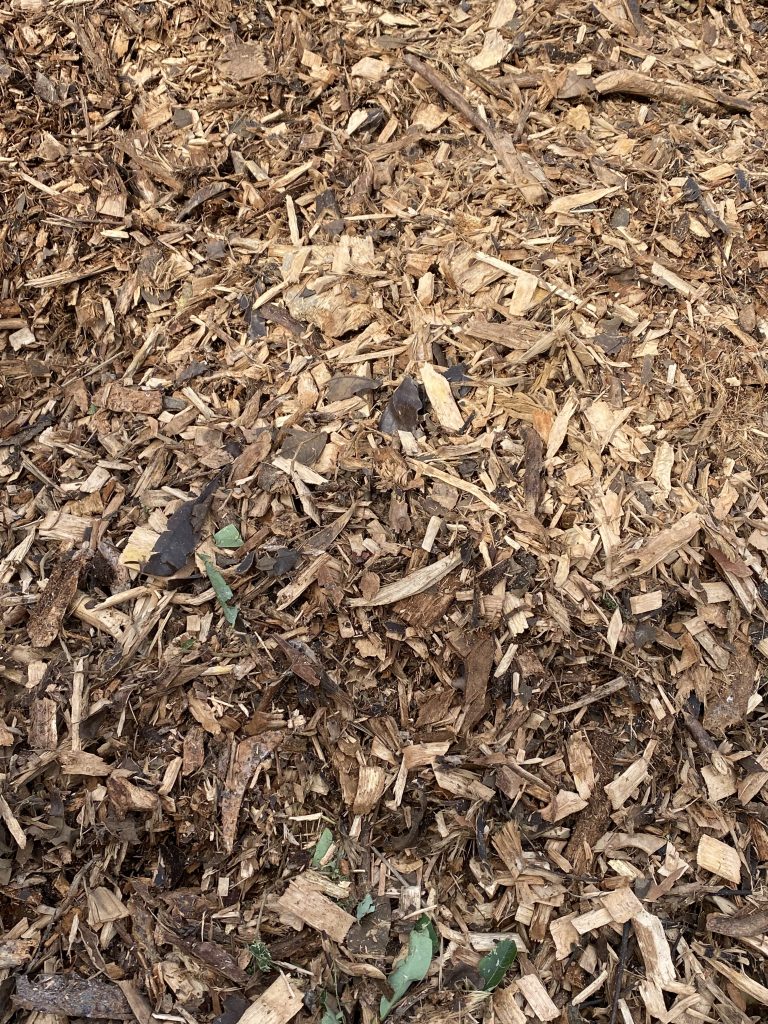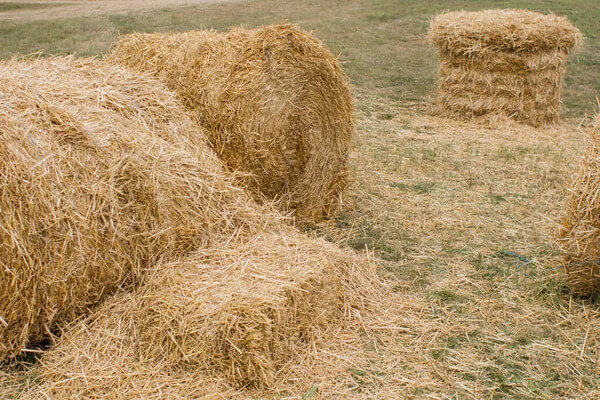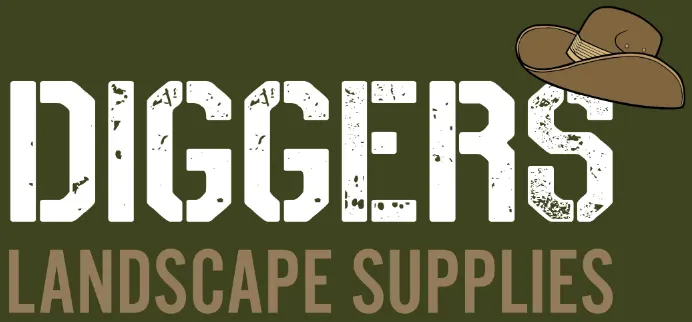Mulching is a fundamental practice for gardeners aiming to enhance soil health, retain moisture, suppress weeds, and improve the overall aesthetics of their gardens. With a variety of mulch options available, selecting the right one can be daunting. This comprehensive guide explores different types of mulch, their benefits, and how to choose the best garden mulch for your needs.
Understanding Garden Mulch
Garden mulch refers to any material spread over the soil surface to protect plants, conserve moisture, improve soil fertility, and reduce weed growth. Mulches are broadly categorised into:
- Organic Mulch: Derived from natural materials that decompose over time, enriching the soil. Examples include wood chips, straw, and bark.
- Inorganic Mulch: Made from non-natural materials that do not decompose, such as gravel, plastic, or rubber.
Types of Mulch and Their Uses
1. Wood Chips

- Best for: Flower beds, pathways, and around shrubs.
- Benefits:
- Excellent at suppressing weeds.
- Decomposes slowly, enriching the soil over time.
- Considerations:
- Avoid using fresh wood chips directly around plants, as they can temporarily deplete nitrogen levels.
2. Straw/ Sugar Cane Mulch

- Best for: Vegetable gardens and protecting tender plants.
- Benefits:
- Keeps fruits like strawberries clean.
- Retains soil moisture effectively.
- Considerations:
- Ensure the straw is weed-free to avoid introducing unwanted seeds.
- Breaks down quickly in North QLD, meaning it may need to be applied more regularly.
3. Bark Mulch

- Best for: Trees, shrubs, and perennial gardens.
- Benefits:
- Long-lasting and highly effective at preventing weeds.
- Gives a polished, aesthetic look to your garden.
- Considerations:
- Can be quite ‘lightweight’ Not suitable for high wind area’s or area’s prone to frequent rain run off.
4. Compost

- Best for: Vegetable gardens and flower beds.
- Benefits:
- Enriches the soil with nutrients as it decomposes.
- Improves soil structure and drainage.
- Considerations:
- Needs to be replenished regularly as it decomposes quickly.
5. Pebbles or Gravel

- Best for: Pathways, rock gardens, or around succulents.
- Benefits:
- Long-lasting and low maintenance.
- Prevents soil erosion.
- Considerations:
- Doesn’t improve soil fertility or decompose.
- Can get very hot and raise soil temperatures considerably.
Mulch & Chips Products Available at Diggers Landscape Supplies
At Diggers Landscape Supplies in Mackay, we offer a diverse range of high-quality mulch and chip products to cater to your gardening needs:
- Cypress Mulch: Known for its natural resistance to termites, making it ideal for long-term use.
- 25mm Pine Bark: Provides excellent moisture retention and weed suppression, suitable for larger garden beds.
- 5-15mm Pine Bark: A finer option for decorative purposes and effective soil insulation.
- Woodchip Mulch: Versatile and economical, perfect for general garden use.
- Red/ Black Woodchip: Adds vibrant colour to your garden, enhancing visual appeal.
- Tea Tree Mulch: Offers natural resistance to insects, ideal for native gardens.
- Pine Bark: Available in various sizes, suitable for a range of landscaping applications.
- Hardwood Chip: Durable and long-lasting, excellent for high-traffic areas.
- Cypress Chip: Combines aesthetic appeal with natural pest resistance.
For more information on these products, visit our Mulch & Chips page.
How to Choose the Best Garden Mulch for Your Needs
- Consider Your Garden Type:
- Vegetable Gardens: Opt for organic mulches like straw, compost, or woodchip blend to improve soil fertility.
- Flower Beds: Use decorative options like bark or wood chips for aesthetics and weed control.
- Rock Gardens or Succulents: Gravel or pebbles work best for heat-loving plants.
- Think About Longevity:
- For long-term coverage, choose bark or wood chips.
- For quick decomposition and soil enrichment, use compost or forest mulch.
- Assess Your Climate:
- In hot, dry climates, opt for mulches that retain moisture, such as woodchip blend, cypress chip or hardwood chip.
- In wet areas, use bark or gravel to prevent waterlogging.
Additional Tips for Mulching Success
- Layer Thickness: Aim for a 50-100mm layer of mulch to effectively suppress weeds and retain moisture.
- Keep It Clear: Avoid piling mulch directly against tree trunks or plant stems to prevent rot.
- Replenish Regularly: Organic mulches decompose over time and need replenishing to maintain effectiveness.
Why Mulch Matters
Mulching not only saves you time on weeding and watering but also enhances the overall health and productivity of your garden. Choosing the best garden mulch depends on your specific needs, climate, and garden type, but with this guide, you’re now equipped to make the right decision.
Ready to Elevate Your Garden?
At Diggers Landscape Supplies, we offer a wide range of high-quality mulches perfect for your garden. Whether you’re looking for decorative bark, nutrient-rich compost, or versatile wood chips, we’ve got you covered. Visit us at 839 Mackay Bucasia Rd, Bucasia QLD 4740, or call us at 0455 451 378 to find the best garden mulch for your needs today!



